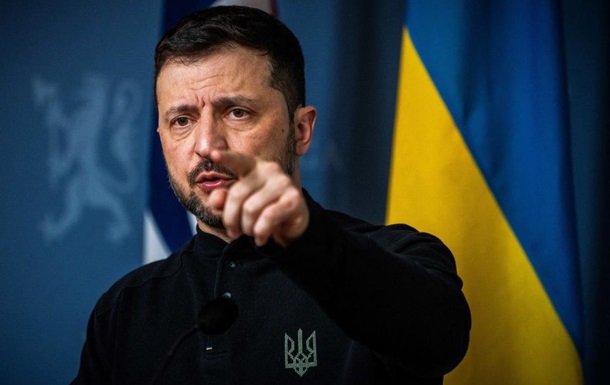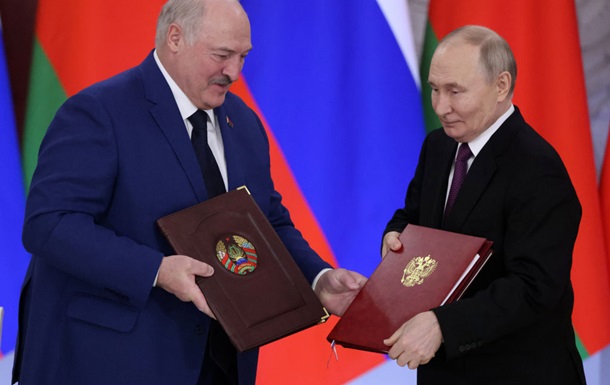The ongoing war about the nation’s security and its post-war defense strategy. Ukrainian President has emphasized that Ukraine does not consider the United Nations (UN) as a viable alternative to a military presence or security guarantees. His stance highlights the limitations of the UN in preventing future aggression from Russia and the necessity of a robust security infrastructure supported by international partners.
The UN’s Role and Its Limitations
During Zelensky reiterated his concerns about the UN’s ability to protect Ukraine. He acknowledged Ukraine’s cooperative relations with the UN and its Secretary-General, but underscored that the organization lacks a mandate to defend Ukraine in the event of another Russian attack.
The President pointed out that while the UN plays a crucial role in diplomatic and humanitarian efforts, it has historically struggled to prevent or respond effectively to large-scale conflicts. Given Russia’s influence within the UN, particularly as a Ukraine remains skeptical about the organization’s ability to serve as a reliable security guarantor.
The Need for a Military Contingent and Security Guarantees
Zelensky stressed that Ukraine requires tangible security measures, including military forces, air defense systems, naval forces, and intelligence-sharing among allies. He questioned whether an international military contingent, which is currently under discussion, would receive a clear mandate to defend Ukraine. He emphasized that deterrence is key, stating that Russia would be more hesitant to engage in further aggression if Ukraine had a supported by international allies.
He also expressed doubts about Russia’s willingness to adhere to any agreements brokered through the UN, citing the numerous international laws that Moscow has already violated during the war. Therefore, Ukraine remains focused on forming a coalition of willing nations that can provide concrete security guarantees.
Upcoming Diplomatic Initiatives
Next week, Zelensky is set to strategies. This bilateral meeting is expected to cover a range of critical issues, including the potential deployment of a military contingent and the long-term framework for Ukraine’s security. Additionally, an important summit of the “Coalition of the Willing” will take place, where various countries will deliberate on post-war security strategies to prevent another wave of Russian aggression.
This highlights the complexities of international decision-making regarding military deployments in active conflict zones.
The Future of Peacekeeping Efforts
While discussions about a UN-led peacekeeping mission continue, there are significant challenges to such an initiative. The effectiveness of a peacekeeping force would largely depend on the mandate it receives, the level of commitment from participating nations, and Russia’s stance on the matter. Ukraine maintains that any peacekeeping effort must be backed by credible military power to serve as an effective deterrent.
Conclusion
Zelensky’s position reflects Ukraine’s pragmatic approach to national security. While diplomatic efforts and international cooperation remain important, the primary focus is on establishing a strong military presence and securing reliable security guarantees. The upcoming meetings in Paris and the “Coalition of the Willing” summit will be crucial in shaping Ukraine’s post-war security landscape. The international community’s response to Ukraine’s security needs will determine the effectiveness of deterrence measures against future Russian aggression.



